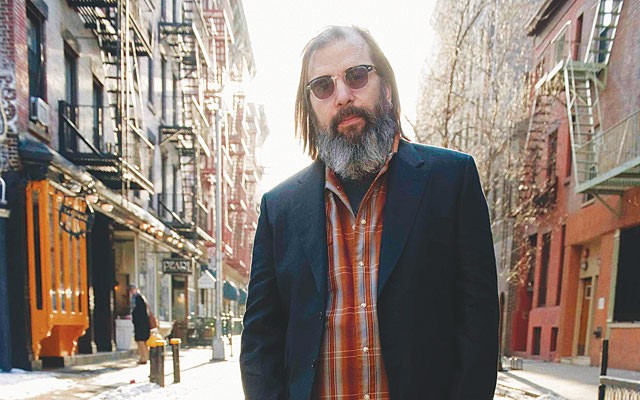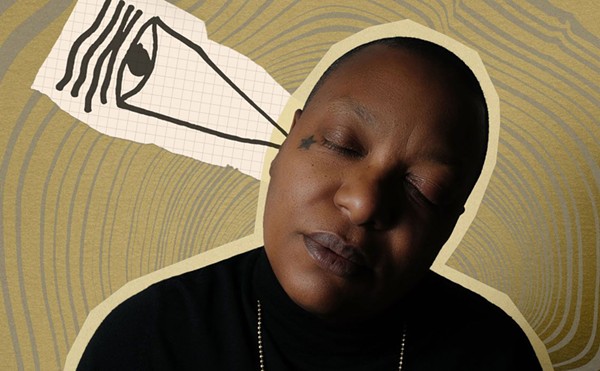Steve Earle and the Dukes (and Duchesses) feat. Allison Moorer
$45, 8:30pm Fri, July 8
Gruene Hall
1281 Gruene Rd., New Braunfels
(830) 606-1281
gruenehall.com
It’s a testament to Steve Earle that encapsulating his career isn’t quick or easy. Multiple facets each shine their own light on the Schertz native, from the decade-long musical apprenticeship that ultimately produced his hit ’86 debut Guitar Town and the heroin addiction that almost derailed his career, to the political activism that’s often defined him and the talent he’s displayed in other disciplines.
Always something of a rebel, the only school Earle seems to have respected was the one of hard knocks. By 16, he’d struck out on his own, having already demonstrated proficiency on guitar. He went first to Houston, where he played coffeehouses and met his mentor, Townes Van Zandt. Then later it was on to Nashville, where he played bass in Guy Clark’s band. Both inspired him, but Clark helped Earle land a publishing company gig, where he penned hits for Patty Loveless, Johnny Lee, and Connie Smith.
Success came fast, probably too fast. The attention paid to his first three albums only accelerated his descent into junkiedom. The move of 1988’s Copperhead Road in a rock direction alienated many of his country fans, signaling his iconoclastic nature. After his dark AOR-tinged 1990 follow-up, The Hard Way, Earle spent several years fighting his demons (and record execs). He spent time in jail. He OD’d, got clean, then messed up again. “Every two years I’d end up in a treatment center,” he said in 2009. “God knows how many times I turned myself blue back then.”
Though he didn’t get completely clean for another decade, he got his career back on track during the late ’90s. Those demons provided plenty of inspiration as Earle’s honest plainspoken style thrived on facing down personal frailties. The albums cover wide sonic expanses, from bluesy acoustic ballads and chugging rock guitars to Bakersfield country and even bluegrass (1999’s The Mountain with Del McCoury). As his mid-’80s success dovetailed with that brief moment in which Nashville embraced artists like Lyle Lovett and Nanci Griffith, Earle’s ’90s output foreshadowed Americana’s rise and his own critical comeback.
The events of 9/11 drove 2002’s Jerusalem and its 2004 follow-up, The Revolution Starts Now. The fact that Earle traded his archetypal stories of windblown losers, rebels, and the emotionally reticent for political activism (remember that radio show on Air America?) distorted some people’s perspectives of his music, which has always been understated but intensely personal, suggesting a more muted Springsteen. His latest album, the T Bone Burnett-produced I’ll Never Get Out of This World Alive*, returns to his traditional country-blues roots with more tightly sketched, smaller scale stories preoccupied with mortality.
The album shares its title with Earle’s debut novel, which is set in 1963’s San Antonio, and follows a defrocked doctor/addict haunted by the ghost of Hank Williams. Earle has previously written some short stories and a play about Karla Faye Tucker, as well as dabbling in poetry and painting. While most of America knows him as Walon, the recurring ex-junkie 12-stepper from HBO’s The Wire, he’s also recently appeared in the TV drama Treme.
An adventurous and gifted artist, Earle defies attempts to limit or dismiss him, posing a continual challenge — just like these Texas summers. •
*Because of an editing error this album was originally referred to as a tribute album to Townes Van Zandt. In fact, it was the previous album, Townes, that is the tribute album.


















